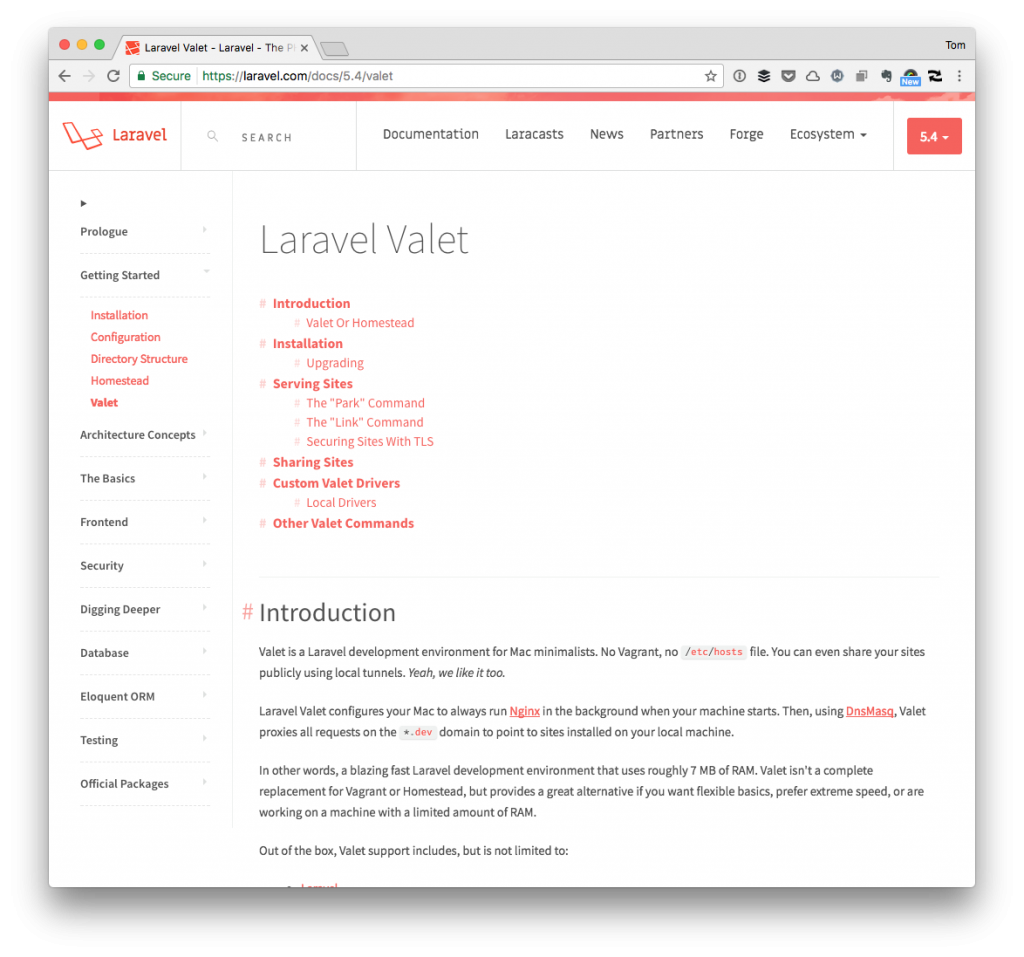A few weeks ago, I disabled comments (and talked about it a little bit) in preparation for the upcoming re-design and membership feature (or features?) of what I hope to accomplish with the site.

Arguably the best way to setup a Members Only site in WordPress.
Though it’s still a little bit of time before September (which is when I’m planning to launch it all), I thought it might be a good idea to go ahead and cover how the site will function, what it’ll include for members only, what it’ll include for everyone and all of that fun stuff.

